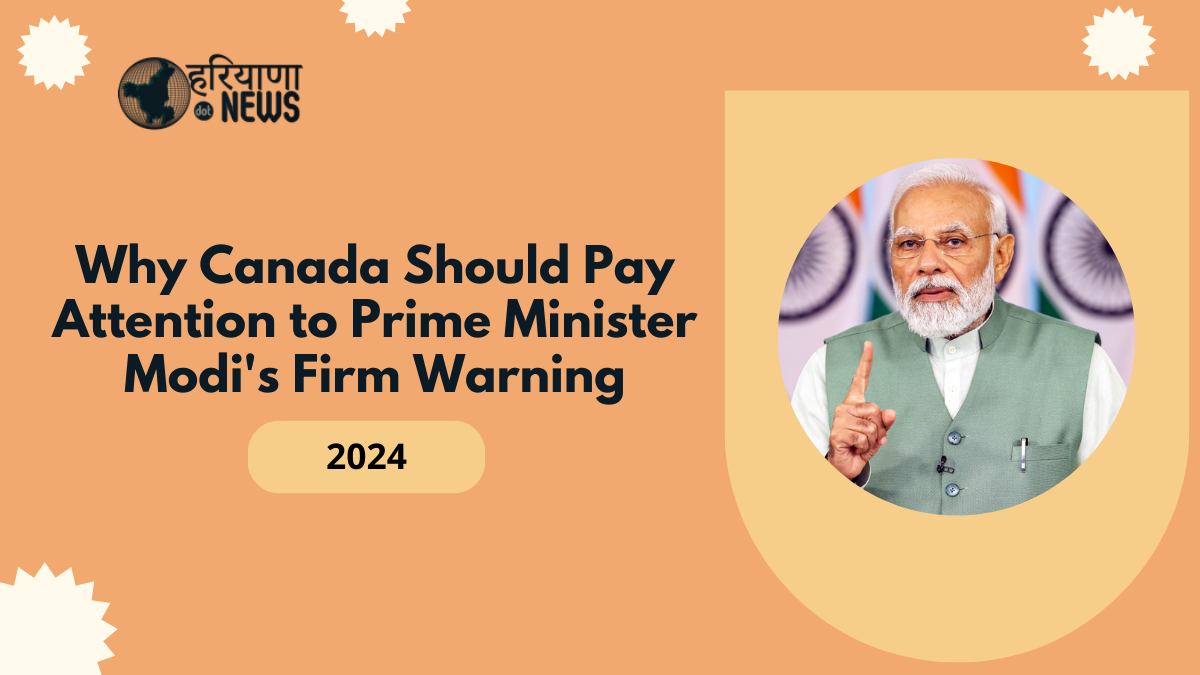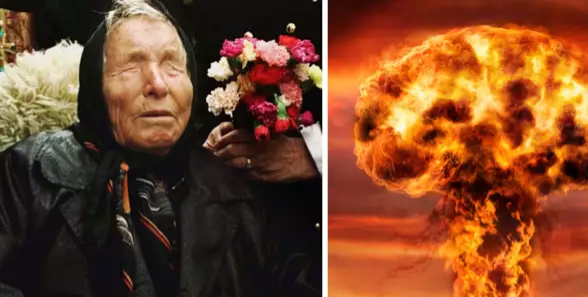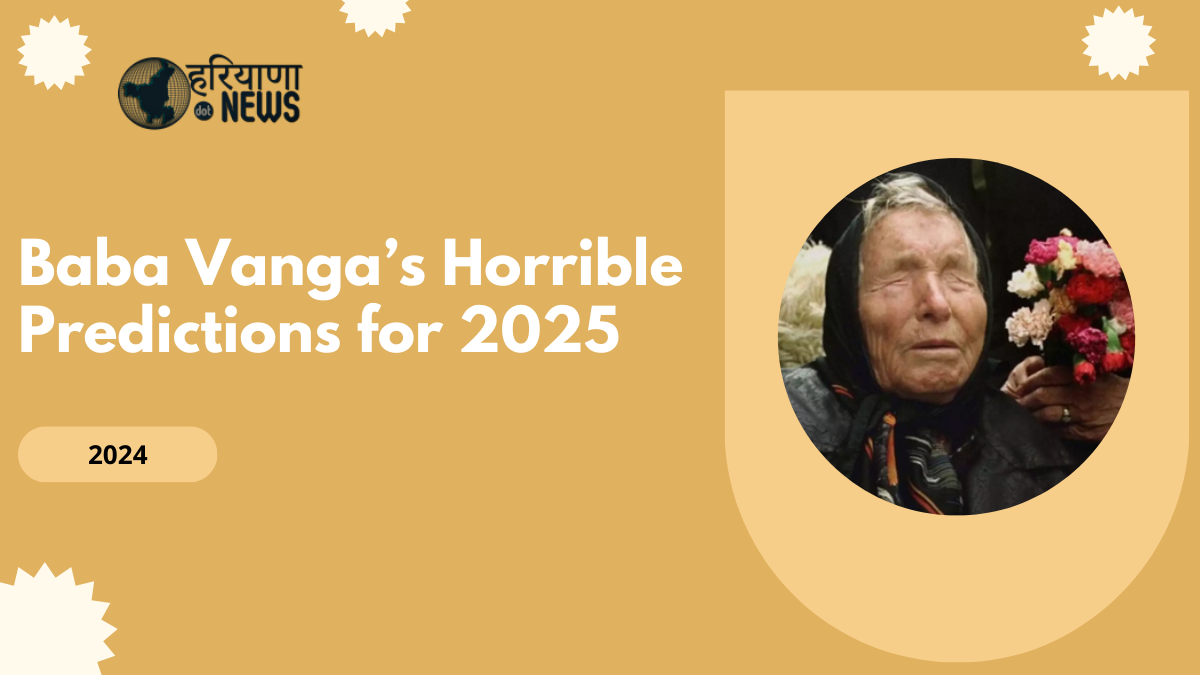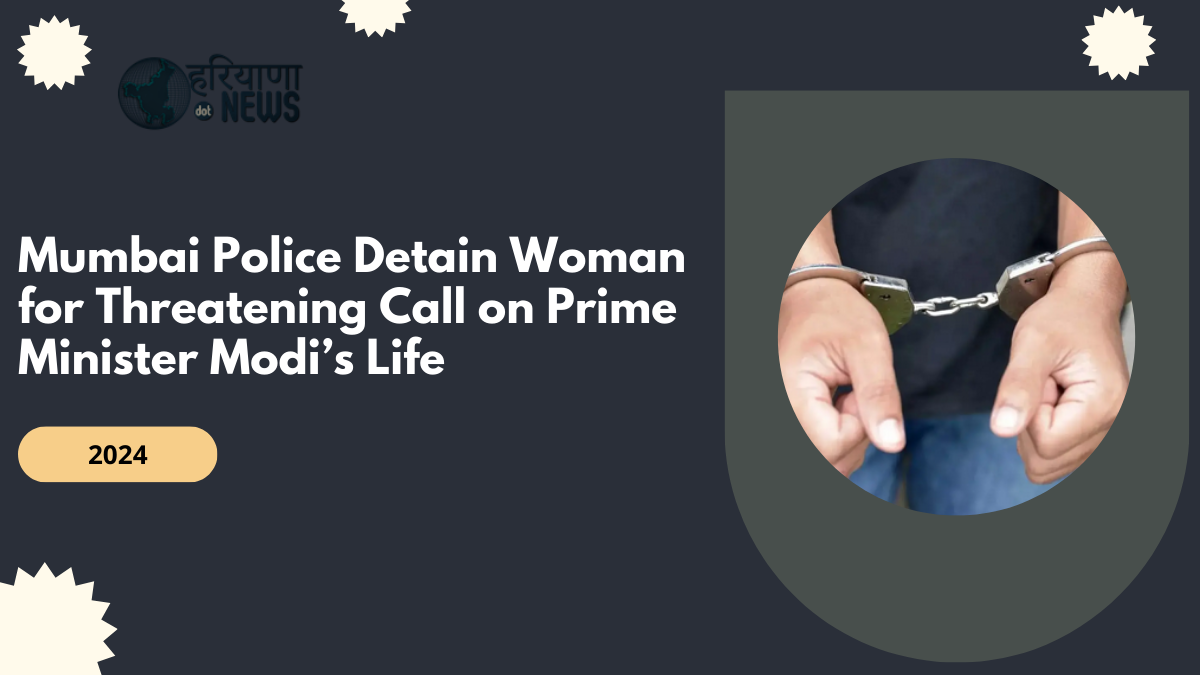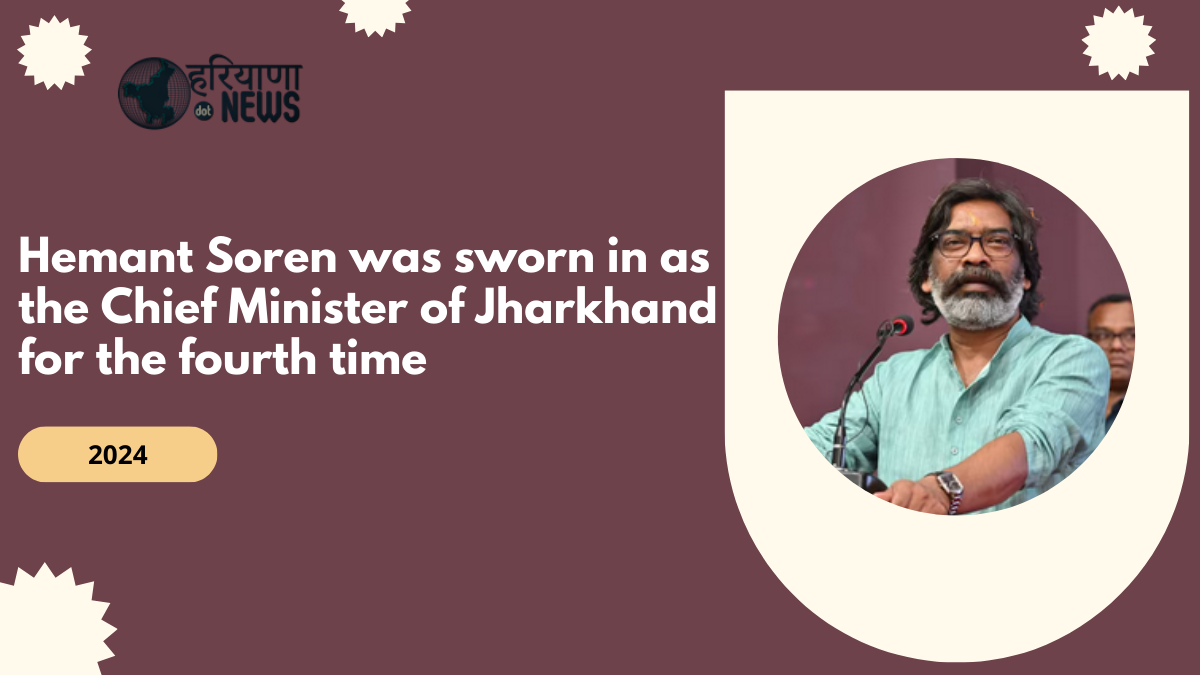Prime Minister Narendra Modi recently issued a stern warning to Canada about its handling of pro-Khalistan extremists, raising concerns that go beyond just bilateral tensions. This caution came a day after an attack on a Hindu temple in Brampton, Ontario, by pro-Khalistan elements, which highlighted Canada’s struggle to manage extremist groups within its borders.
Following this incident, India’s External Affairs Minister, S. Jaishankar, criticized the Canadian government for allowing such radical elements to gain political leverage.
Canada’s Support for Extremist Elements
Despite Modi’s request for Canada to ensure accountability and uphold legal order, the Canadian government has taken a different stance, with Prime Minister Justin Trudeau himself making unverified claims against India. Canadian officials have pointed fingers at India without solid evidence, a move that critics say bolsters the standing of Khalistani extremists within Canada.
Moreover, Indian diplomats stationed in Canada reportedly face security threats, with their activities closely monitored and intimidation tactics allegedly used to pressure the Indian community.
Historical Roots of Khalistan Extremism in Canada
The issue of Khalistan separatism is not new in Canada; the infamous Air India Flight 182 bombing in 1985 underscored the potential dangers of extremist activity rooted in Canadian soil. Since Narendra Modi took office in 2014, India has actively sought to bring this issue to international attention, mainly as extremist Khalistani activity shows no signs of diminishing.
However, Canada’s response has been primarily defensive, with Trudeau’s administration taking offence to India’s open criticisms. Rather than addressing the concerns raised by India, the Canadian government has at times appeared to deflect the issue by accusing India, further souring diplomatic relations.
Political Factors Driving Canada’s Inaction
One significant reason for Canada’s apparent leniency toward Khalistani extremists is the political landscape. In Canada, where voter turnout is sometimes low, Khalistani groups form a cohesive voting bloc with considerable influence. Many Canadian politicians see these groups as a reliable source of support, making it challenging for the government to act decisively against them. The recent attack on the Brampton temple, for instance, received only muted responses from Canadian opposition leaders, who likely avoided taking a solid stance to avoid alienating potential voters.
Risks of Extremist Radicalization in Canada
Canada’s apparent reluctance to confront pro-Khalistan elements not only benefits certain political factions but may also have severe consequences for its internal stability. By tolerating and, in some cases, indirectly encouraging the activities of these extremists, the government risks empowering individuals who may resort to violence and extremist rhetoric as legitimate tools for their cause.
While this strategy may yield short-term political advantages, especially for the Liberal Party, it risks long-term harm. As extremists gain influence, the line between free speech and violent advocacy could blur, making it challenging to restore order if these groups become more active and uncontrollable.
 Mumbai Police Detain Woman for Threatening Call on Prime Minister Modi’s Life
Mumbai Police Detain Woman for Threatening Call on Prime Minister Modi’s Life
 Hemant Soren was sworn in as the Chief Minister of Jharkhand for the fourth time, took oath as Jharkhand’s 14th chief minister
Hemant Soren was sworn in as the Chief Minister of Jharkhand for the fourth time, took oath as Jharkhand’s 14th chief minister
 India’s Strategic Breakthrough: Advancing SLBM Capabilities with INS Arighaat
India’s Strategic Breakthrough: Advancing SLBM Capabilities with INS Arighaat
 Chinmoy Das Arrest: High Court Petition Seeks Ban on ISKCON Amid Rising Violence Against Hindus in Bangladesh
Chinmoy Das Arrest: High Court Petition Seeks Ban on ISKCON Amid Rising Violence Against Hindus in Bangladesh
 Bangladesh Police Use Tear Gas and Batons Against Hindu Protesters After Chinmoy Das’ Arrest
Bangladesh Police Use Tear Gas and Batons Against Hindu Protesters After Chinmoy Das’ Arrest





This radicalization may even spill over into U.S. politics, where similar groups have started influencing discussions across the border, especially during election cycles. History has shown that extremism is difficult to contain once it takes hold, and by providing space to such elements, Canada risks opening a door it may struggle to close in the future.
Canada’s Interest in Acknowledging India’s Concerns
Canada would do well to heed Prime Minister Modi’s firm statement. Modi’s remarks come after numerous provocations and follow the recent G-20 summit in New Delhi, signalling the Indian leader’s growing frustration with Canada’s approach. Modi’s direct statement is notable, as he typically avoids making public admonitions unless absolutely necessary.
His calculated response indicates that India has reached a tipping point on the issue, with little patience left for what it views as Canada’s repeated failures to address extremism.
A Turning Point in India-Canada Relations?
Modi’s strong stance suggests that India is preparing for strained relations with Canada, at least until the next Canadian general election in October. India has made it clear that it will now hold Trudeau’s administration responsible for any future incidents of Khalistan-related extremism that affect India. By taking this firm position, Modi has drawn a line in the sand, indicating that further inaction by Canada will not go unnoticed and that India may respond accordingly.
conclusion
Canada faces a critical decision: whether to address its growing extremist problem or to continue down a path that risks both domestic security and international relations. By taking Modi’s warning seriously, Canada could work toward a more stable and cooperative relationship with India, ultimately serving its own long-term interests.
However, if Canada continues to ignore the issue, it may face escalating diplomatic and security challenges that could have far-reaching consequences for both nations.
Click here to know more.

